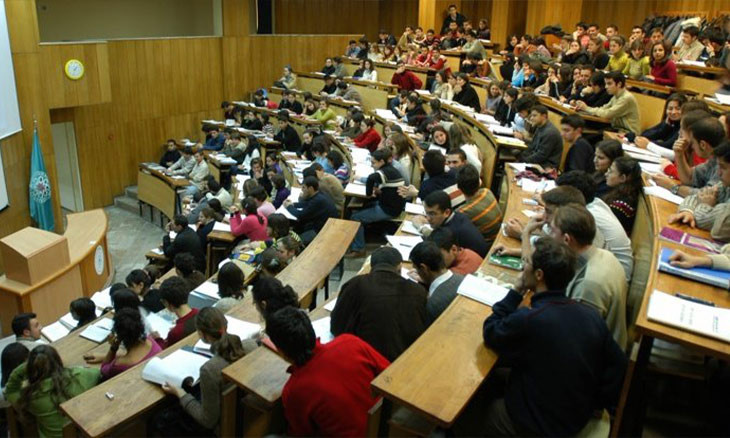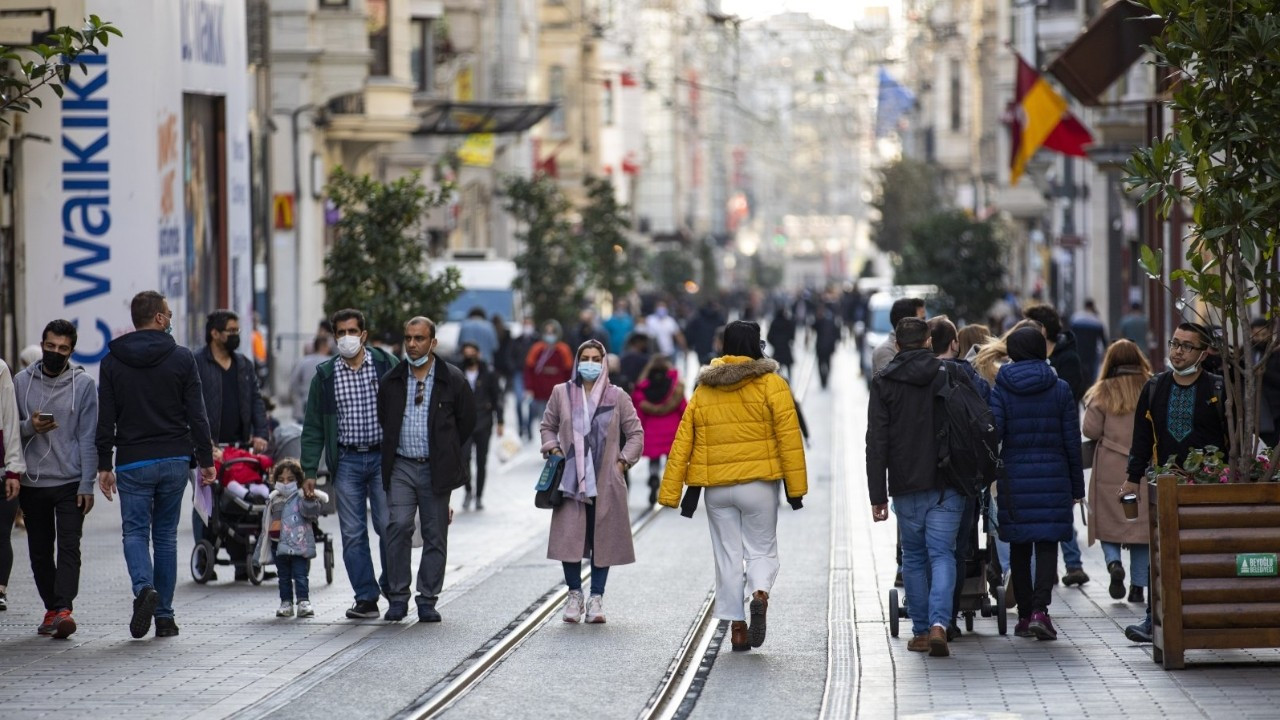Upcoming hybrid semester at universities risks spreading COVID-19, expert warns
Thousands of students are getting ready to move between cities with the Council of Higher Education's (YÖK) announcement that universities will adopt a hybrid education system in the second semester. Prof. Dr. Esin Şenol, a professor of medicine and an infectious disease specialist working at Ankara's Gazi University, told daily Cumhuriyet that this upcoming "mass movement" will have a significant impact on the spread of the COVID-19 virus.
Duvar English
Universities across Turkey will adopt a hybrid education system in the second semester, offering online courses for theory-based programs and face-to-face instruction for hands-on training programs.
This will mean that thousands of students, several of whom are currently staying with their parents, will have to change cities to attend hands-on training programs at their universities.
There are 4.5 million students in Turkey attending an undergraduate program. About 700,000 of them are staying at state dormitories, not to mention ones staying at private dormitories and shared houses.
In line with the country's Coronavirus Scientific Advisory Board suggestion, the Council of Higher Education (YÖK) notified universities on Feb. 17 that they can hold face-to-face instruction for applied training courses. The YÖK told universities to “show the utmost caution and take severe precautions” to mitigate the spread of the virus.
Prof. Dr. Esin Şenol, a professor of medicine and an infectious disease specialist working at Ankara's Gazi University, said that the resumption of face-to-face classes at universities presents a severe risk in terms of spreading the COVID-19 virus.
“No matter how much campuses take precautions, a problematic period might start. The circumstances are not appropriate for the reopening of highschools and universities,” she was quoted as saying by daily Cumhuriyet on Feb. 18.
Last November, Turkish universities suspended face-to-face classes after a surge in the number of COVID-19 cases across the country and continued online education.
However, the Coronavirus Scientific Advisory Board on Feb. 16 advised the YÖK to instruct universities to resume in-person teaching for courses that depend on hands-on instruction, as President Recep Tayyip Erdoğan said a day later that the country is planning to initiate a gradual normalization process in March.
Prof. Şenol said that the “mass movement” of university students between cities will show its impact on the spread of the virus in three to four weeks.
“We had previously also appealed to exams being held collectively; we were later told, 'See nothing has happened.' But, we saw a severe increase in infection numbers two months later after that,” she said.
Şenol said that although an expected increase in infection numbers cannot be solely attributed to the resumption of face-to-face instruction, this situation will lower the COVID-19 infection age.

 Coronavirus board advises college programs that depend on hands-on teaching to restart in-person classesEducation
Coronavirus board advises college programs that depend on hands-on teaching to restart in-person classesEducation Erdoğan announces plan to start gradual COVID-19 normalization in MarchCoronavirus
Erdoğan announces plan to start gradual COVID-19 normalization in MarchCoronavirus